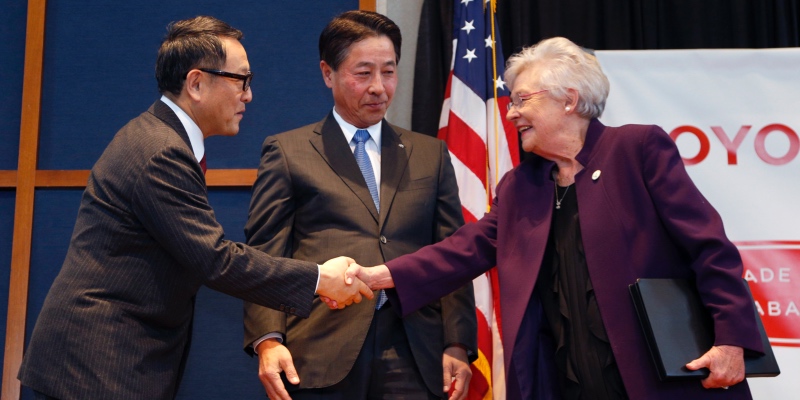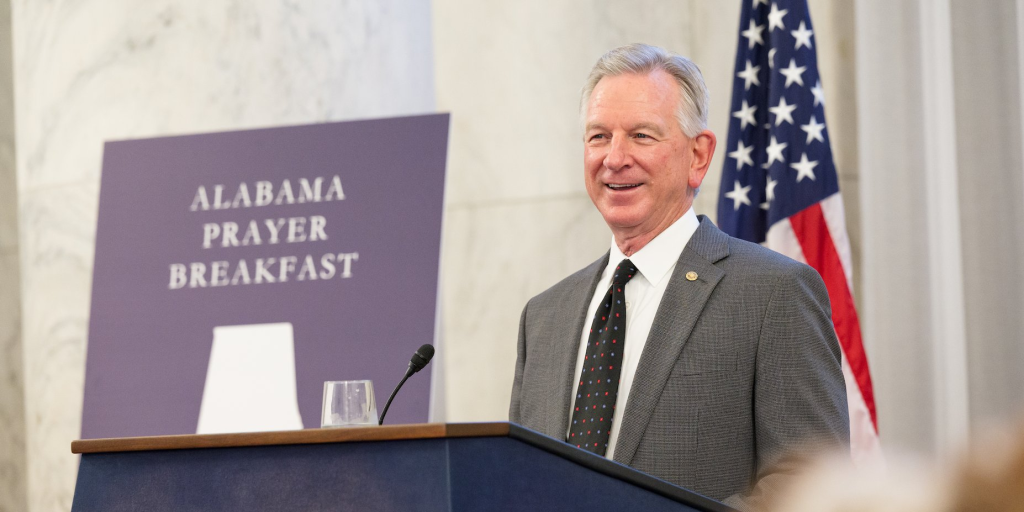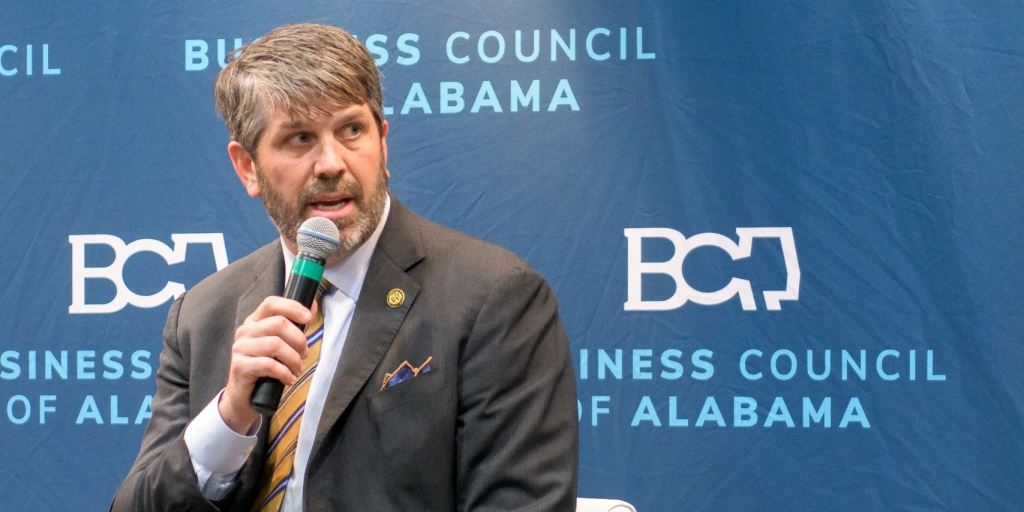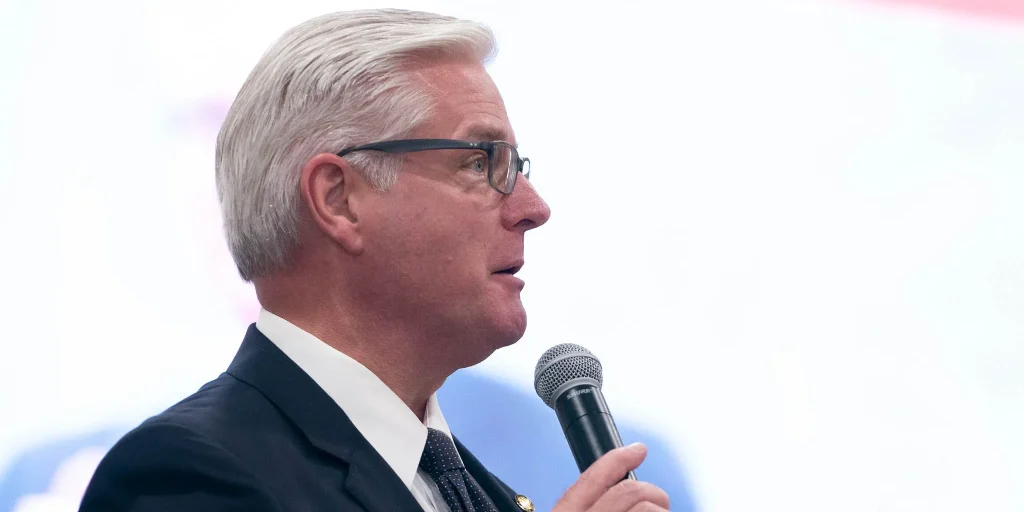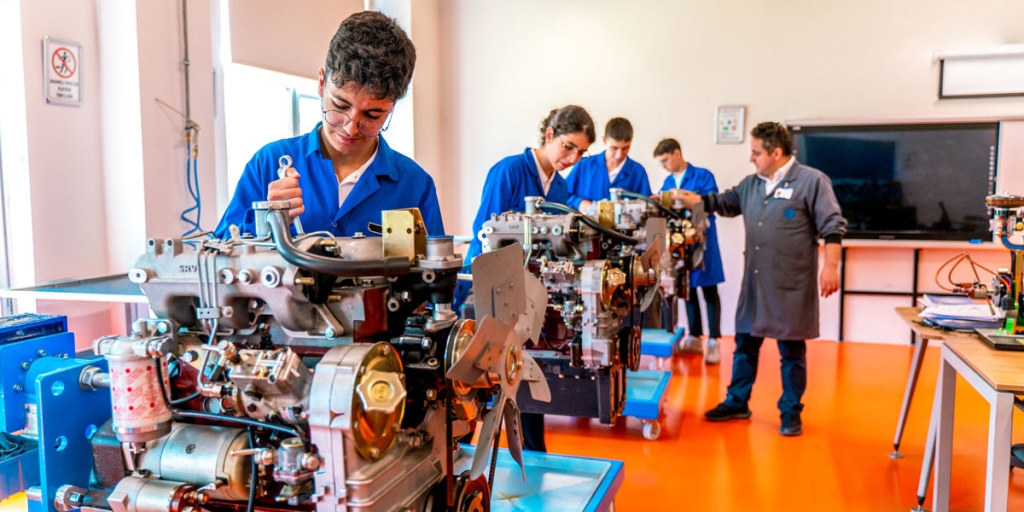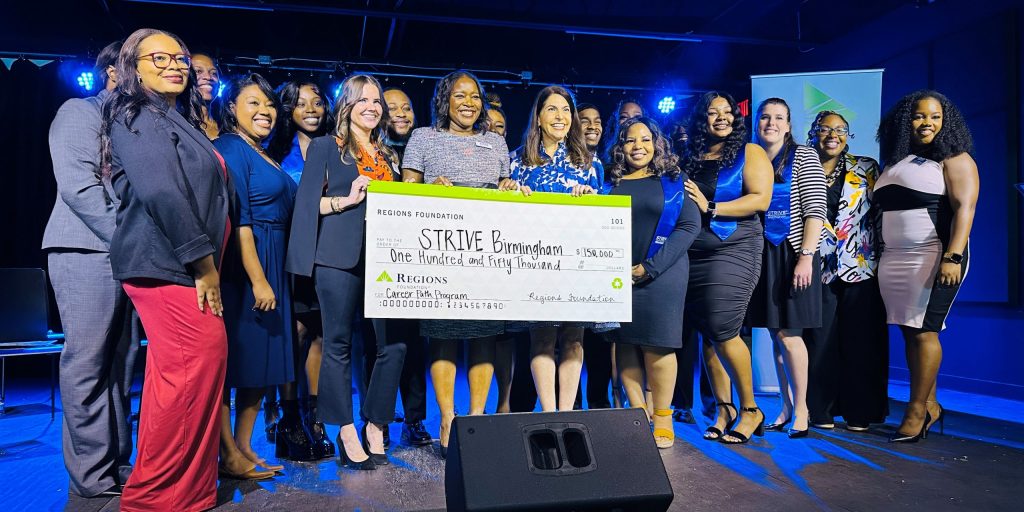MONTGOMERY — The day after Yellowhammer News published an exclusive interview with Governor Kay Ivey in which she explained that workforce development is key to the Alabama aerospace industry’s continued growth, the governor’s office released an impressive update on the state’s overall workforce development efforts.
Ivey also recognized that when the economy is strong and unemployment is historically low, like Alabama is experiencing now, the challenge is reaching individuals who need further preparation to enter, or re-enter, the workforce, just as the challenge for businesses is finding a sufficient number of skilled workers to keep up with growth.
“In order to meet the current and future demands of business and industry, more must be done to develop a workforce development system that offers a seamless educational journey for individuals to enter in-demand career pathways at every stage of life,” Ivey said in a statement on Tuesday.
The governor’s workforce development efforts began with her signature Strong Start, Strong Finish education initiative, which lays the groundwork to support the education to workforce pipeline. The initiative, announced in July 2017, focuses on three stages of education: 1) early childhood education, 2) computer science in middle school and high school and 3) workforce preparedness.
Additionally, Ivey has made it a priority of her administration to create the most effective workforce development programs possible for Alabamians across the state. To accomplish this goal, she recently established the Governor’s Office of Education and Workforce Transformation (GOEWT), which Ivey told Yellowhammer News on Monday aligns workforce development funding with projects in the Yellowhammer State.
“Already, Alabama is taking the lead in workforce development efforts, which catches the attention of companies from around the globe and ultimately provides more opportunities for Alabamians,” Ivey remarked.
‘It’s a win-win situation’
Through apprenticeship expansion efforts, the governor is also positioning the workforce development programs across the state to work in the best interests of Alabamians.
Alabama Department of Labor Secretary Fitzgerald Washington told Yellowhammer News, “When discussing workforce development and ensuring that Alabama has qualified workers to fill all the high-wage, high-skill jobs that are coming, it’s important to remember that initiatives such as Apprenticeship Alabama and other on-the-job training programs can help bridge the gap in so many ways. They not only allow Alabama’s workers to learn a skill or retrain while bringing home a paycheck, but they also allow Alabama’s employers to build an already trained workforce, while saving on wages. It’s a win-win situation.”
On June 10, Ivey signed SB 295 into law. Sponsored by State Sen. Arthur Orr (R-Decatur), SB 295 expands the Apprenticeship Alabama Tax Credit by providing an additional $500 for hiring in-school youth apprentices. Additionally, SB 295 modifies the Apprenticeship Alabama Tax Credit to increase the base tax credit from $1,000 to $1,250. It increases the number of apprentices one employer may claim from five to 10, as well as the tax credit cap from $3 million to $7.5 million. The new law also established the Alabama Office of Apprenticeship (AOA).
“Getting both new high school graduates and existing workers prepared for the workforce with certified and marketable skills will not only provide better job opportunities, but also enhanced wages that can have a permanent, positive impact on the worker and their family,” Orr said in a statement.
The Alabama Office of Apprenticeship, when officially recognized by the U.S. Department of Labor, will be Alabama’s state apprenticeship agency housed by the Alabama Department of Commerce. The AOA will serve as a registration agency for registered apprenticeships in the state.
“Thanks to the leadership of Governor Ivey and the Alabama Legislature, we are moving to the next level of apprenticeship program development in our state,” AIDT Director Ed Castile advised. “Partnering with many Alabama companies, the Alabama Community College System, K-12 Education, the Alabama Workforce Council and our 7 Regional Workforce Councils we will be extremely successful in developing our skilled workforce through this new Alabama Office of Apprenticeship. It is another ‘tool in the tool box’ to assist us in reaching the goals set forth in the Governor’s Success Plus plan.”
Important workforce development programs include Success Plus, AIDT and AlabamaWorks, too.
Public-private collaboration is especially crucial, as U.S. Department of Labor Secretary Alexander Acosta stressed on Thursday during his visit to Huntsville’s Dynetics, which came after a tour of Calhoun Community College’s Decatur campus. Announcing at that time a $12 million federal grant to the Alabama Community College System for apprenticeships, Acosta noted that industry partners would provide additional matching funds to the relevant educational institutions to develop in-demand skills as part of their programs. This was highlighted by Ivey’s office on Tuesday.
“Alabama’s 24 community colleges are working every day within their local communities to ensure students, from high schoolers to adults looking to advance their skills, have a pathway to success through education and skills training,” ACCS Chancellor Jimmy H. Baker added in a statement.
“We are proud that our most recent efforts to expand apprenticeships and work-based learning opportunities for thousands of Alabamians have been recognized by the U.S. Department of Labor. This expansion will help individuals gain the real-world experience that business and industry is seeking as they hire for well-paying, in-demand jobs,” he concluded.
Additionally, in June, the state of Alabama received a $1.2 million federal grant expanding funding for state apprenticeships. Coinciding with the federal grant, the state legislature budgeted $1 million to offset the costs associated with dual enrollment courses and credential fees for apprentices. The grant coupled with the state investment will be used to provide scholarships for a dual enrollment or community college course that is part of apprentices’ related technical instruction.
“Alabama is a state so full of potential, both in the workforce opportunities we are seeing develop, as well as in the preparedness of its citizens to fulfill those workforce opportunities,” state Superintendent of Education Dr. Eric Mackey remarked.
“The aggressive advances we are seeing in workforce development efforts will open doors for professional, economic and industrial growth in our great state,” he continued. “We look forward to the shared vision of Alabama being the hallmark of a state booming with progress, and an education system primed to produce students who are well-equipped to meet the demands of a thriving workforce.”
Then, on June 24, Credential Engine awarded Alabama a $50,000 technical grant to support credential transparency. The Alabama Department of Commerce will serve as the fiscal agent and manager of this project.
Along with the Department of Commerce, the Governor’s Office of Education and Workforce Transformation and a myriad of state education and workforce development agencies will collaborate to publish all of the certificates, licenses, traditional degrees and non-degree credentials offered in Alabama to the credential registry.
What does industry think of Alabama’s workforce development efforts?
While there is no doubt that the state’s workforce development plans and programming sound good on paper, results speak louder than words.
In this case, the results have been great, with companies continuing to choose the Yellowhammer State for new economic development projects and expansions, especially in the automotive and aerospace industries, for example.
Speaking to Yellowhammer News on Monday, Ivey said that Alabama’s workforce is at the very top of the list of issues discussed during recruitment pitches. She also explained that businesses have been very receptive to these pitches and happy with the state’s workforce development efforts.
In a statement to Yellowhammer News, Alabama Department of Commerce Secretary Greg Canfield said, “This is truly an exciting and pivotal point in our state’s history… Fortunately, Governor Ivey had the foresight to recognize that we must grow a workforce pipeline of available and highly-skilled Alabamians to meet our projected job growth.”
“The success of Alabama’s economic development team is directly related to the quality of the state’s workforce,” he continued. “Our success is producing the effect of putting more Alabamians on company payrolls across the state, and we are experiencing the lowest levels of unemployment in our history.”
How can the average Alabamian help?
While these workforce development policies and programs are being spearheaded at the very highest levels of government and private industry, each and every eligible Alabama voter can do their part in March 2020 to support these efforts.
On this primary election date, SB 397 will be up for a referendum of the people, and Ivey says this proposed educational reform is crucial for further workforce development gains.
“Education is the key to everybody’s prosperity,” she told Yellowhammer News.
The governor stressed that getting the state board of education functioning correctly will increase outcomes for all levels of education, from early childhood through workforce preparedness.
“I’m very optimistic that we can convince the people of Alabama that we need to start at the top (with the state board) to make these changes, and having an appointed board will be far more effective,” Ivey emphasized.
“You say, ‘Why?’ Well, right now board members are elected, and they have to worry about constituencies that put money into their campaigns,” she continued. “Why are our standards for teacher preparation programs at our four-year colleges not very strong? And you ask a board member that, and they say, ‘Well, we get pushback.’ On appointed boards, you don’t get pushback, you have a defined person that you’re responsible to and defined things we want to achieve — and I believe we can be more effective preparing our students pre-k through 12th grade and beyond [that way].”
Sean Ross is a staff writer for Yellowhammer News. You can follow him on Twitter @sean_yhn




